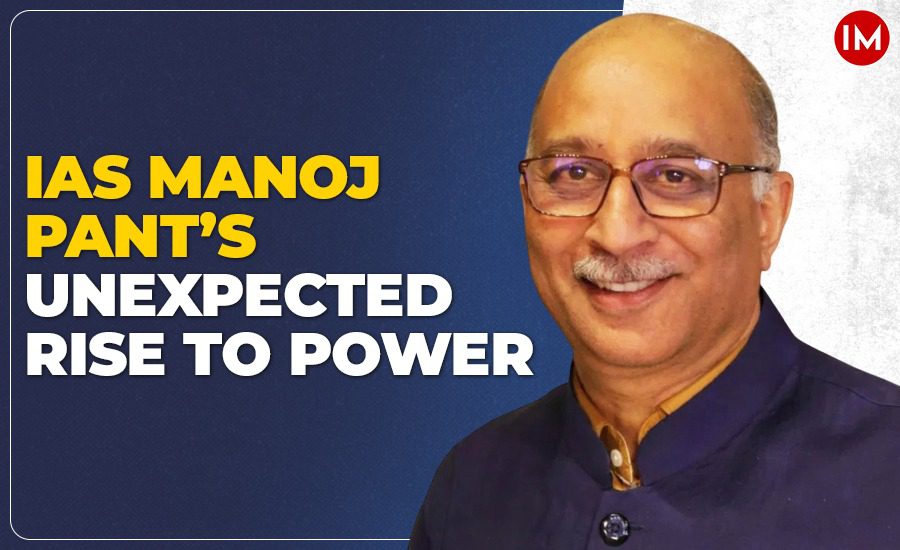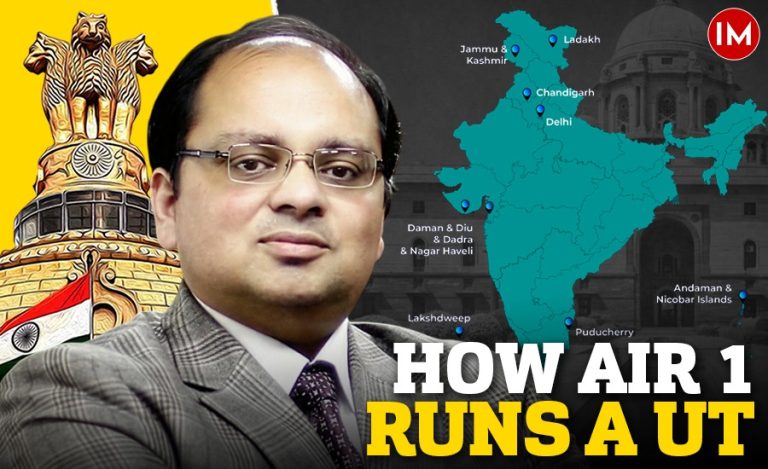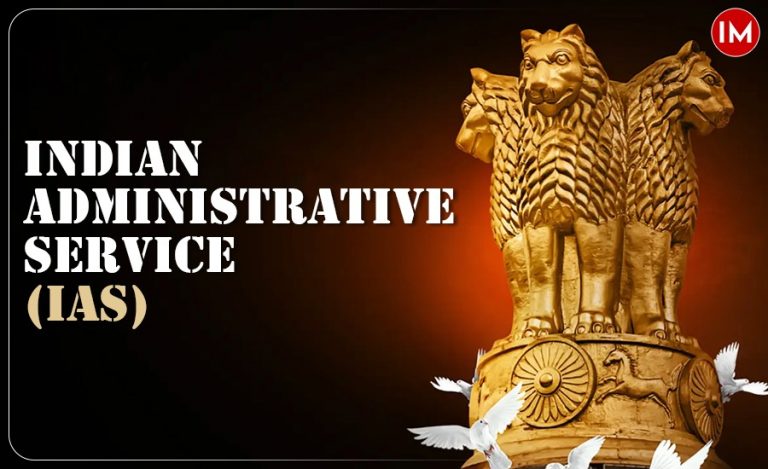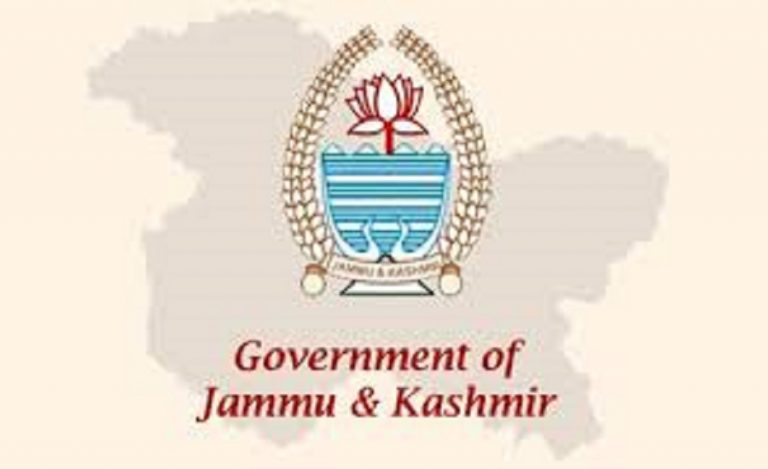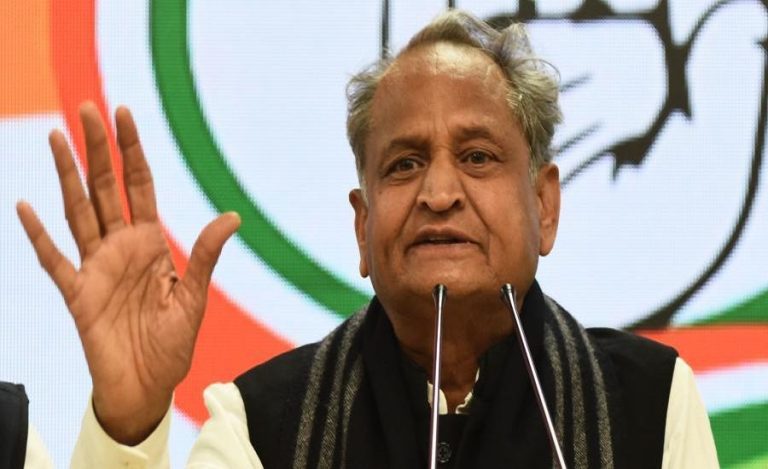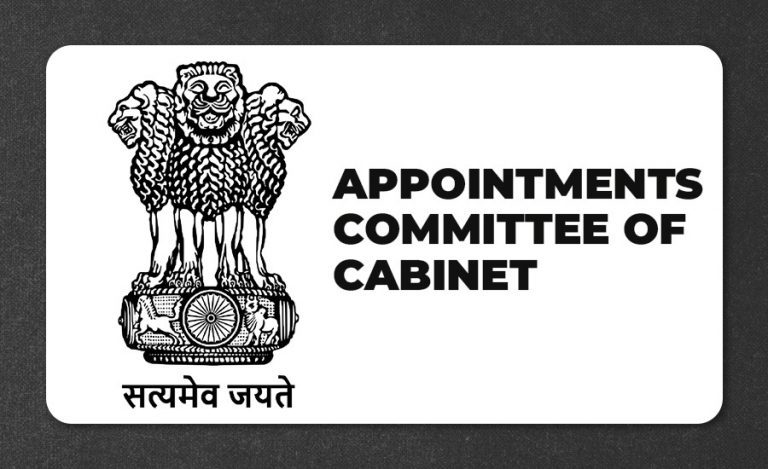It was a regular Saturday evening at Nabanna, the state secretariat of West Bengal, when an unexpected announcement sent ripples across the administrative corridors. Less than 24 hours after being transferred to the Irrigation and Waterways Department, Manoj Pant, a 1991-batch IAS officer, was named the new Chief Secretary of West Bengal.
His appointment followed the Centre’s refusal to grant another extension to the outgoing Chief Secretary, B.P. Gopalika. While speculation pointed towards other senior officers, Pant emerged as the state government’s choice, superseding several of his seniors. Insiders say it was a decision shaped by trust and track record more than convention.
THE MAKING OF A BUREAUCRAT
Manoj Pant began his administrative career in the early 1990s, stepping into roles that would ground him in the realities of rural Bengal. As District Magistrate of Murshidabad and North 24 Parganas, Pant handled law and order, grassroots development schemes, and electoral management. Those years offered him a ringside view of how policy plays out on the ground and laid the foundation for his later roles in policy design.
But what truly widened his canvas was his appointment as Private Secretary to Pranab Mukherjee between, then Union Finance Minister. Between 2009 and 2011, Pant worked closely with one of India’s most astute statesmen, navigating budgets, national economic planning, and political negotiations at the highest levels.
AN INTERNATIONAL LENS
In 2011, Pant moved to the World Bank as a Senior Adviser. For the next three years, he looked after programs and strategies spanning Bangladesh, Bhutan, India, and Sri Lanka. This phase sharpened his understanding of regional economic cooperation, cross-border development, and multilateral diplomacy.
At a time when most bureaucrats focus on climbing the domestic ladder, Pant’s stint abroad gave him a broader view of how global institutions perceive policy and how local challenges are interpreted in international development circles.
BACK TO BENGAL: LAND, FINANCE, AND NOW, LEADERSHIP
After returning from his World Bank role, Pant took charge of some of West Bengal’s most critical departments – Land and Land Reforms, followed by Finance. In both roles, he was known for his grasp of detail and ability to steer through political and administrative complexities.
In land management, he brought clarity to one of the state’s most challenging sectors. His belief that land is not just a resource but a core enabler of poverty reduction and equitable growth, shaped several policy reforms during his tenure. He pushed for better digitisation, transparency in land records, and alignment between land policy and welfare schemes.
As Finance Secretary, Pant was at the centre of budget preparation, revenue mobilisation, and expenditure management. Navigating fiscal demands while balancing development goals is no small feat in a state with tight finances. But Pant was known for being methodical: choosing reform over reaction and structure over optics.
THE PERSONA WITHIN
Colleagues describe Manoj Pant as a quiet thinker – someone who prefers precision over rhetoric. He avoids the limelight but keeps close tabs on both detail and the larger picture. Whether drafting budget notes or responding to emergent crises, his responses are often measured, yet timely.
His academic approach to governance paired with a sense of pragmatism has helped him win the confidence of political leaders across assignments. This might explain why, even after being empanelled for the post of Secretary in the Government of India, the state held onto him.
TAKING THE HELM IN A CHALLENGING TIME
Pant assumed the post of Chief Secretary at a turbulent moment. Public unrest, high-profile incidents, and the pressure to deliver governance without missteps have created a tightrope scenario. His understanding of land, finance, administration, and public sentiment gives him a unique vantage point.
The challenge now is not just to steer policy but to build confidence, both within the bureaucracy, and in the public domain. His quiet presence in a charged atmosphere proves to be a calming influence.
A CAREER BUILT ON BALANCE
In a service where ambition often meets protocol, Manoj Pant has built a career based on balance, between Delhi and Kolkata, field and headquarters, numbers and people, plans and execution.
As he steps into the most powerful bureaucratic position in West Bengal, Pant brings with him not just experience, but a way of working that relies on structure, perspective, and a deep sense of how systems function. The coming months will test that approach and perhaps also validate it.
Because in governance, sometimes the most impactful leaders are not the loudest but the ones who listen, process, and act when it matters most.

